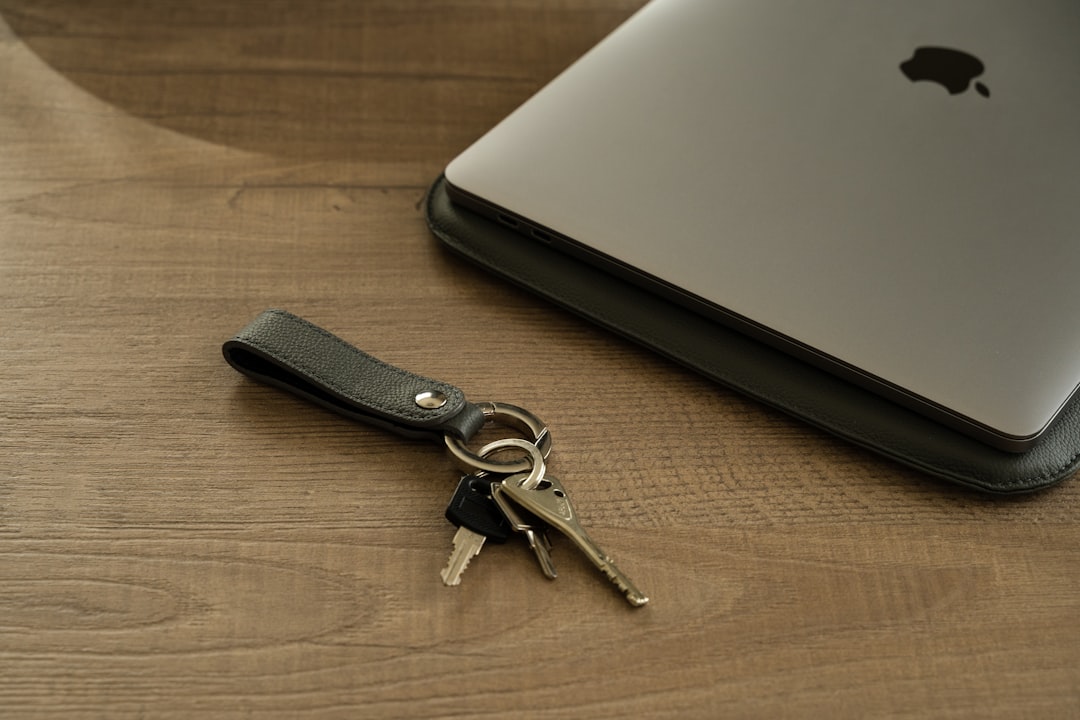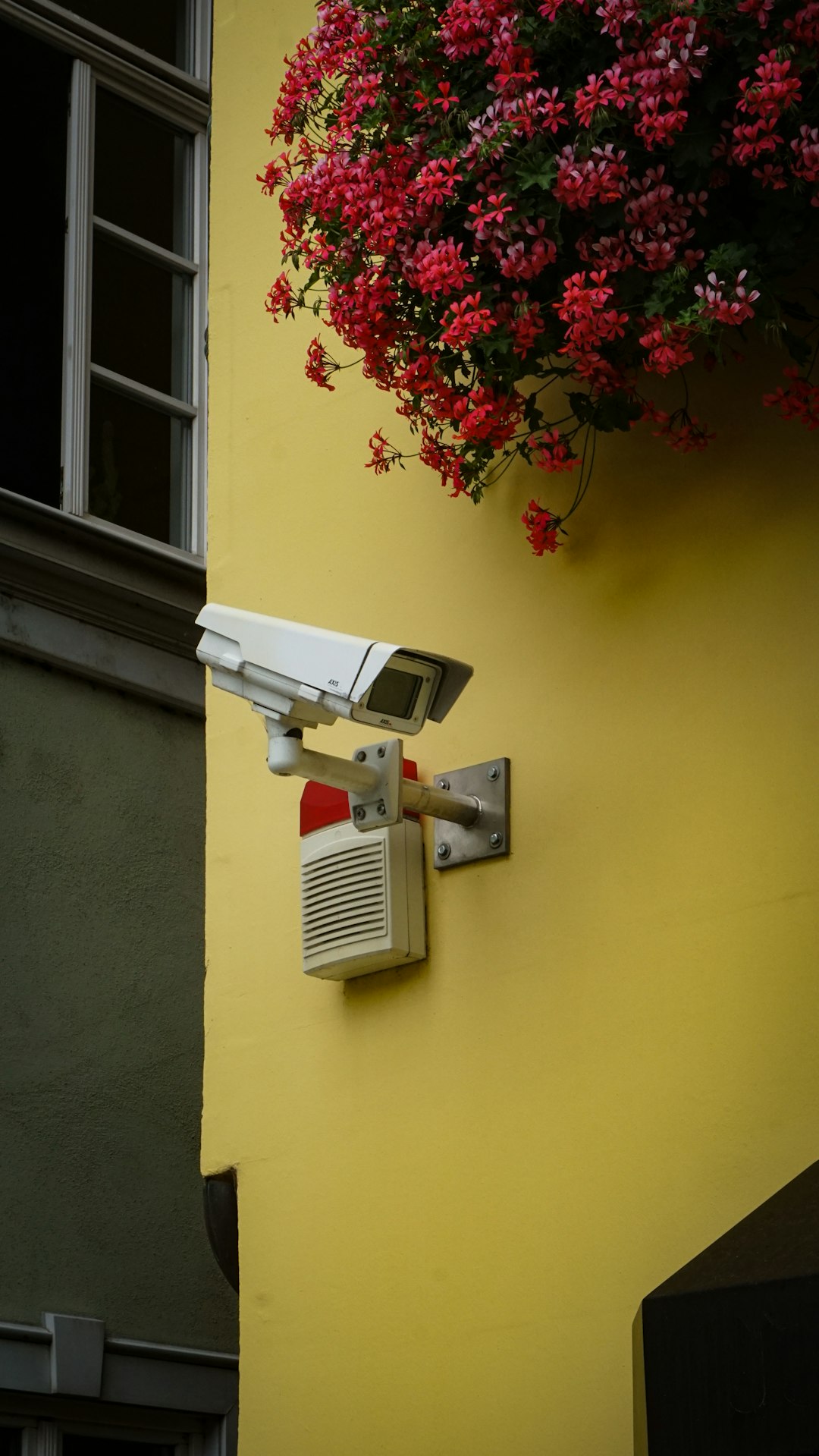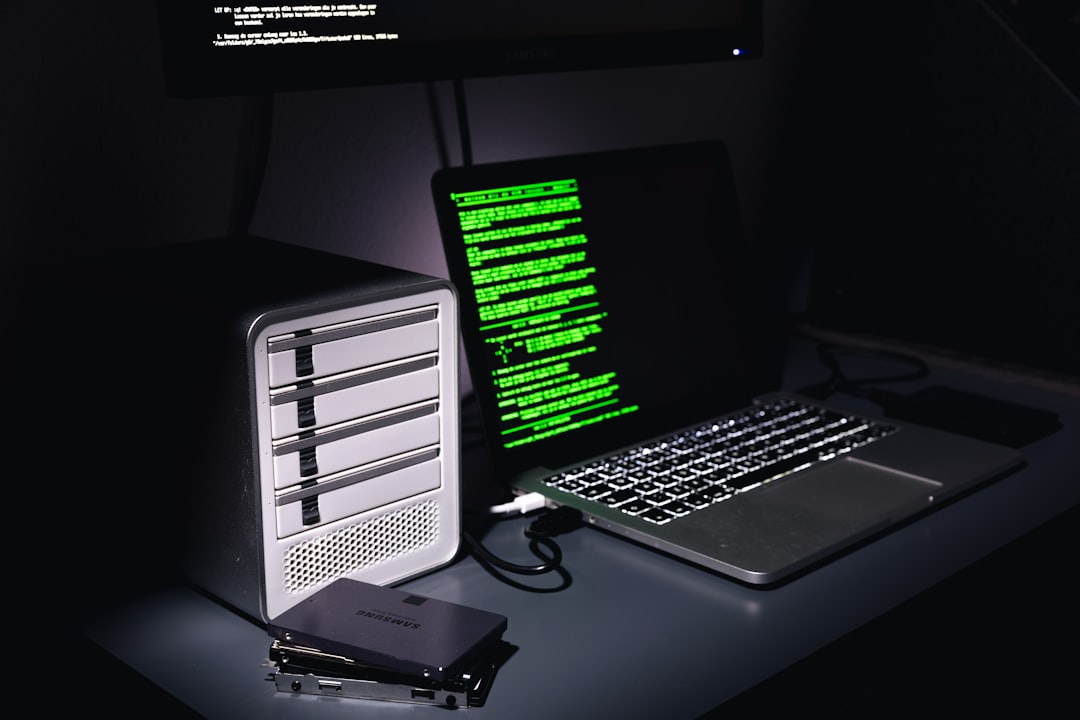In today’s digital world, where online privacy and security are increasingly under threat, Virtual Private Networks (VPNs) have become a crucial tool for protecting your internet activity. While traditional VPN services already offer a degree of anonymity and data protection, a new wave of innovation is taking shape: the personalized VPN. Tailored to user-specific needs and digital habits, a personalized VPN offers an enhanced layer of security and convenience that is quickly becoming a necessity rather than a luxury.
Table of Contents
What is a Personalized VPN?
A personalized VPN goes beyond the standard, one-size-fits-all VPN service. Instead of applying the same security protocols and settings to every user, a personalized VPN adapts to individual behaviors, device configurations, and locations to optimize protection and performance. This customization can include everything from selecting the best servers for your geographic location to adjusting encryption levels, blocking specific types of content, automating connections, and even integrating with other privacy tools you use.
Unlike traditional VPNs that may route all users through the same generic servers, a personalized VPN operates by analyzing and understanding your usage patterns. It then configures the most efficient routes and security measures tailored just for you. This results in a safer, faster, and more seamless internet experience.

Why You Need a Personalized VPN
The internet is thriving, but with this growth comes an increase in threats such as data breaches, ISP surveillance, and malicious cyber attacks. Here’s why a personalized VPN is not just helpful, but essential in today’s interconnected environment:
1. Heightened Online Privacy
Every time you go online, your digital footprint grows. Websites track your behavior, marketers collect your personal data, and ISPs can monitor your browsing activity. A personalized VPN makes it significantly more difficult for snoopers to keep tabs on you. It masks your true IP address and encrypts your data traffic with personalized levels of protection depending on what activity you are performing — whether it’s streaming, banking, or browsing.
2. Advanced Security Customization
Not all users have the same security needs. For instance, a journalist working in a country with censorship laws will have very different security requirements than a casual user streaming TV shows. Personalized VPNs can be configured to provide maximum security for high-risk scenarios or prioritized speed for entertainment purposes.
This level of granular control ensures you get the right balance of security and performance specific to your internet usage.
3. Better Performance and Speed
Traditional VPNs can sometimes slow down your connection because your data has to travel through extra encryption layers and distant servers. Personalized VPNs mitigate this issue by choosing optimized servers for your region and activity type, ensuring that your connection remains fast and stable without compromising security.
4. Protection Across Multiple Devices
People use a variety of devices daily — smartphones, tablets, laptops, smart TVs, and more. A personalized VPN can be set to tailor protection for each device type. For instance, it might provide a higher level of security on mobile devices when using public Wi-Fi and a more relaxed configuration at home on your smart TV.

5. More Effective Geo-Unblocking
One of the most popular uses of VPNs is bypassing geo-restrictions for streaming services. Personalized VPNs use smart routing techniques and continually updated server databases to provide more reliable and faster access to content that is otherwise blocked in your country. It can even learn your preferred content types and automatically connect you to the most efficient server.
6. Automation and Smart Features
Some personalized VPNs come with automation features based on your internet usage patterns. For example, your VPN could automatically activate when you open a browser or launch a banking app. This type of smart functionality means fewer manual adjustments and a more seamless experience.
Additionally, these VPNs can offer auto-kill switches, split tunneling, and scheduled activation — all of which enhance user control and convenience.
How Personalized VPNs Work
At the core, a personalized VPN uses advanced algorithms and analytics to understand how, when, and where you use the internet. Based on this data, it creates a secure communication channel between your device and the VPN server, dynamically adjusting encryption protocols, server selection, and routing strategies in real-time.
In many cases, users are offered a dashboard or app interface where they can fine-tune settings or let the VPN make recommendations based on behavior patterns. These apps often come with user-friendly tools like:
- Smart server selection – Connects to the fastest or most private server based on real-time location and usage.
- Usage-based profiles – Automatically adjusts settings depending on the type of activity you’re doing.
- Integrated threat detection – Alerts you to possible security threats and adjusts security protocols automatically.
- Geo-routing configurations – Optimizes performance and access to restricted content.
Who Should Use a Personalized VPN?
While anyone can benefit from a personalized VPN, certain user groups will find them especially valuable:
- Remote workers and freelancers who handle confidential information regularly.
- Frequent travelers needing secure and reliable access to the internet over public Wi-Fi.
- Streamers and content consumers aiming for geo-unblocked and high-speed content access.
- Tech-savvy users wanting to tweak and optimize their digital protection settings.
- People living under restrictive governments where freedom of online expression is limited.
Choosing the Right Personalized VPN
With the growing popularity of personalized VPNs, many providers now offer some level of customization. Here are some features to look for when choosing the right option for you:
- Custom profiles – allows you to create and save VPN configurations based on activity types (e.g., browsing, torrenting, streaming, etc.)
- Smart rules automation – triggers specific actions in real-time based on network type or app use.
- Data management tools – provides insights into bandwidth use and performance metrics.
- Multi-device support – seamlessly manages and personalizes VPN settings across different devices.
- Scalable security options – gives you control over the level of encryption and privacy you want to deploy.
Conclusion: The Future of Online Privacy Lies in Personalization
As cyber threats become increasingly sophisticated and intrusive, adopting a smarter, more dynamic defense system is crucial. A personalized VPN offers a level of online privacy and control that generic VPN services simply can’t match. By adapting in real-time to your behavior, preferences, and environments, it ensures that you stay protected without sacrificing performance or convenience.
Whether you’re a business professional guarding sensitive data or a casual user seeking a buffer from intrusive data collection, a personalized VPN is a wise investment in your digital safety. With the internet becoming more integrated into our daily lives, choosing the right VPN — one that understands and adjusts to how you use the internet — could be the key to unlocking a more secure, private, and seamless online experience.




